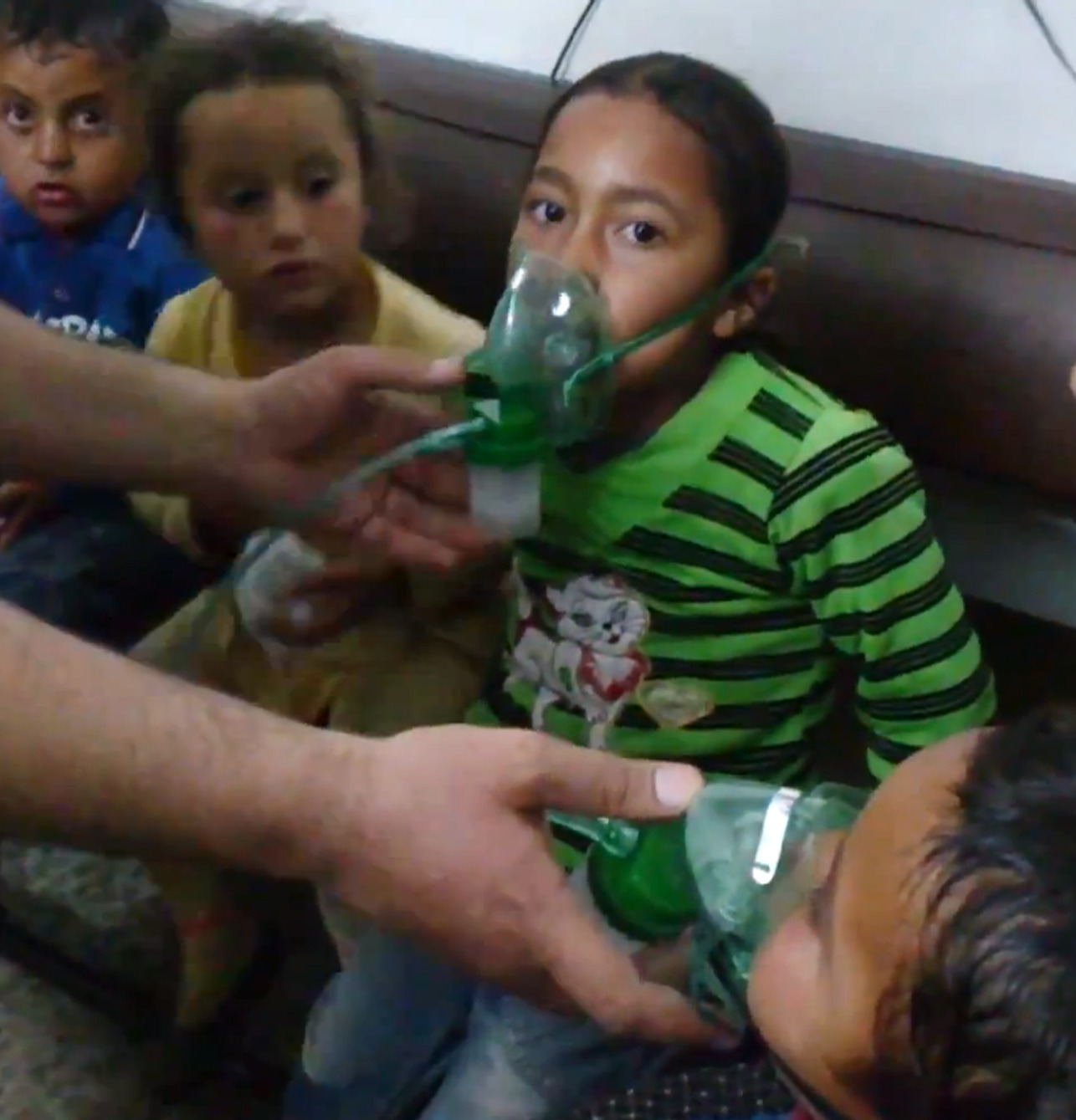Syria ‘likely to have used chlorine gas in attacks’, claims weapons watchdog
Inspectors from the global chemical weapons watchdog have found “compelling evidence” that chlorine gas was used “systematically and repeatedly” as a weapon in northern Syria this year, it said in a statement today. The Hague-based Organisation for the Prohibition of Chemical Weapons (OPCW) said there had been a “spate of new allegations” of chlorine attacks in August. Syrian President Bashar al-Assad agreed to hand over 1,300 tonnes of chemical weapons and destroy production and storage facilities last year.
With a high degree of confidence that chlorine, either pure or in mixture, is the toxic chemical in question.
OPCW statement
Although chlorine is not a prohibited substance, its use as a chemical weapon is prohibited under the 1997 Chemical Weapons Convention, which Syria joined a year ago this week. Chlorine was used in attacks on the villages of Talmanes, Al Tamanah and Kafr Zeta, all located in northern Syria, the OPCW’s report said. Meanwhile, The leader of one of the biggest Islamist rebel groups in Syria has been killed by an explosion in the northwestern province of Idlib. Ahrar al-Sham said Hassan Abboud was among a number of senior figures who died in the blast at the group’s headquarters in the town of Ram Hamdan.

Middle East syria chlorine